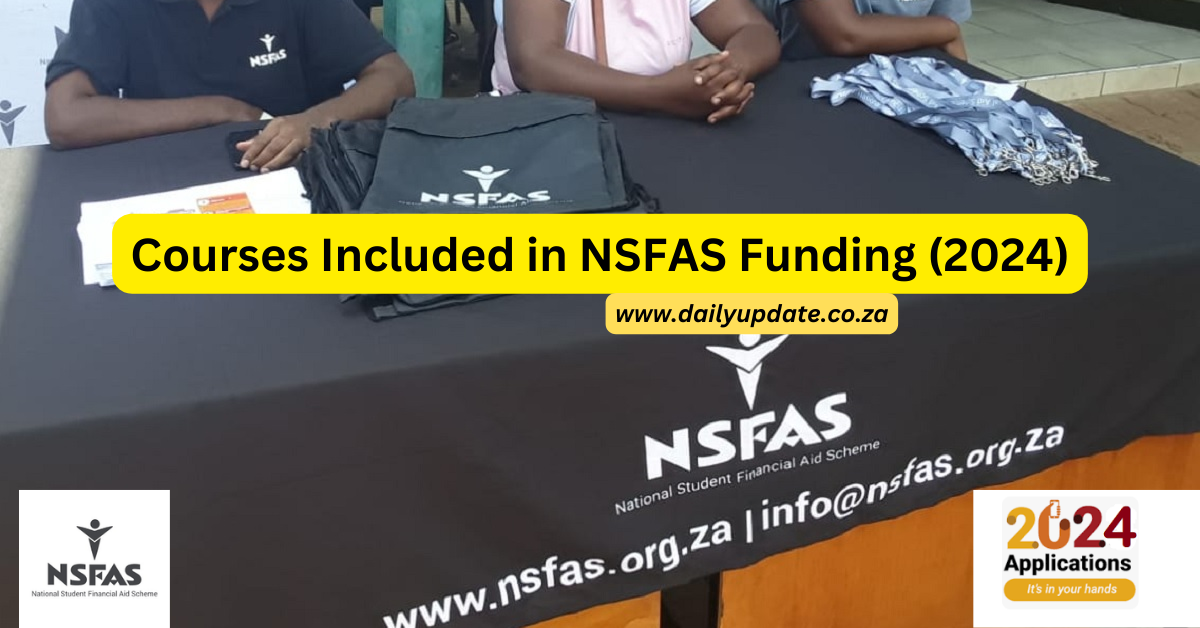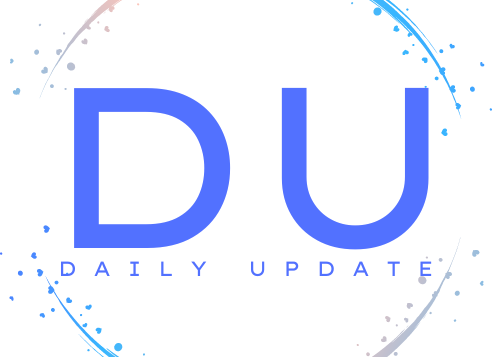Courses Included And Excluded in NSFAS Funding (2024)
Navigating the Landscape of NSFAS Funding in 2024: A Guide to Included and Excluded Courses
The National Student Financial Aid Scheme (NSFAS) plays a crucial role in ensuring access to education for South African students from disadvantaged backgrounds. Understanding which courses are eligible for NSFAS funding in 2024 is crucial for prospective students planning their academic journeys. This article aims to provide a comprehensive overview of both the courses included and excluded from NSFAS funding, empowering students to make informed decisions about their studies.

Courses Included in NSFAS Funding (2024):
- Broad Range of Undergraduate and Postgraduate Degrees: NSFAS supports a wide spectrum of undergraduate and postgraduate degrees across various disciplines, including:
- Humanities and Social Sciences: Literature, Psychology, Sociology, Law, Public Administration
- Business and Management Studies: Accounting, Finance, Marketing, Human Resources Management
- Science, Technology, Engineering, and Mathematics (STEM): Engineering, Mathematics, Physics, Chemistry, Biology
- Health Sciences: Medicine, Nursing, Pharmacy, Physiotherapy, Occupational Therapy
- Arts and Culture: Performing Arts, Visual Arts, Design, Music
- Environmental and Agricultural Studies: Environmental Science, Agriculture, Forestry, Conservation
- Information Technology and Media: Computer Science, Information Systems, Media Studies, Journalism
- Education and Training: Teaching, Adult Education, Further Education and Training
- Technical and Vocational Education and Training (TVET) Courses: Building Construction, Electrical Engineering, Automotive Repair, Hospitality
Please note: This list is not exhaustive. For a comprehensive list of NSFAS-funded courses, you can visit the official NSFAS website or contact their support team.
Courses Excluded from NSFAS Funding:
- Short Courses and Certificates: NSFAS generally does not fund short courses or certificate programs that are not part of a recognized degree program.
- Second Qualifications: NSFAS typically prioritizes funding for students pursuing their first qualification. Students already holding a degree may not be eligible for NSFAS funding for a second qualification, except under specific circumstances.
- Distance Learning Programs: While some distance learning programs may be funded by NSFAS, there are specific criteria and limitations. It’s crucial to check with NSFAS regarding the eligibility of your chosen distance learning program.
- Courses offered by Private Institutions: NSFAS primarily supports students enrolled at public universities and TVET colleges. Courses offered by private institutions are generally not eligible for NSFAS funding.
Additional Points to Consider:
- Funding may vary depending on the specific course and institution. It’s crucial to contact the institution you are interested in to confirm their NSFAS funding arrangements.
- Meeting academic requirements is essential for continued funding. Students must maintain satisfactory academic progress to retain their NSFAS funding.
- The NSFAS funding criteria may change periodically. It’s important to stay updated on the latest information on the official NSFAS website or by contacting their support team.
By understanding the scope of NSFAS funding, prospective students can make informed decisions about their academic paths and maximize their chances of securing financial aid for their studies. Remember, NSFAS plays a vital role in promoting access to education, and navigating its offerings can be the key to unlocking your educational aspirations.
Also Read : 2024 NSFAS Application Guide: Secure Your Funding for Higher Education
Also Read : Nsfas Funding List For 2024 , Full Information
Also Read : Second Opportunity Knocks: Your Guide to TUT Late Applications for 2024
Also Read : A Comprehensive Guide to Unisa Late Applications for 2024
Also Read : 2024 NSFAS Application Guide: Secure Your Funding for Higher Education

